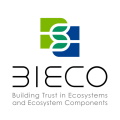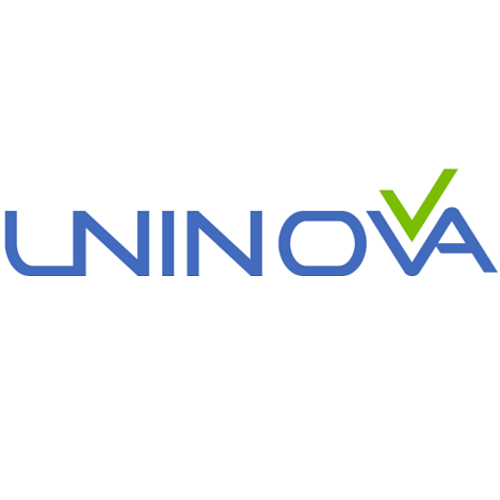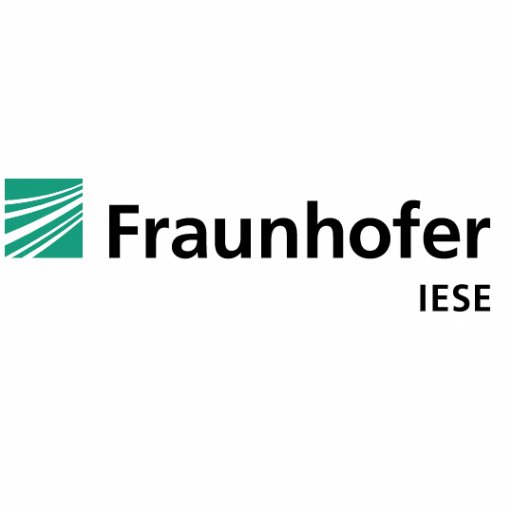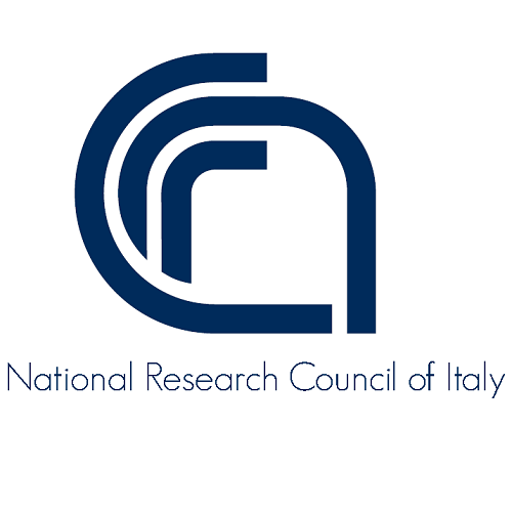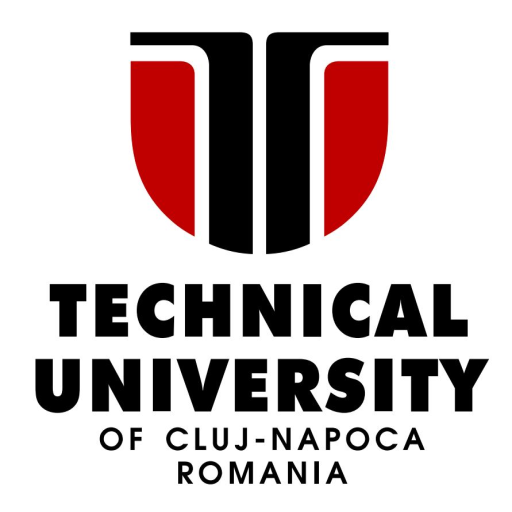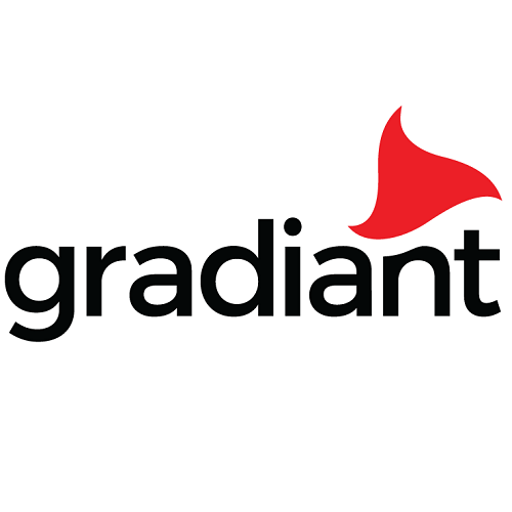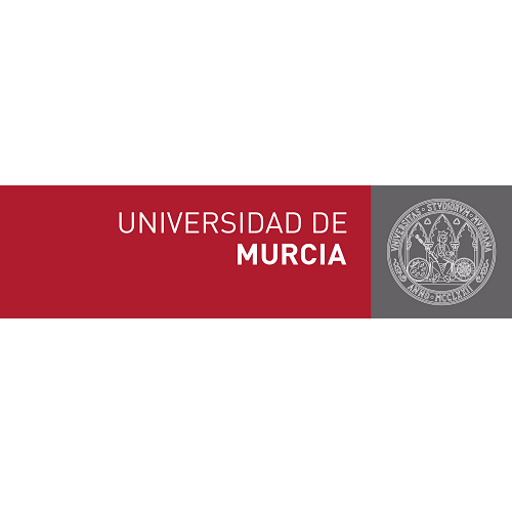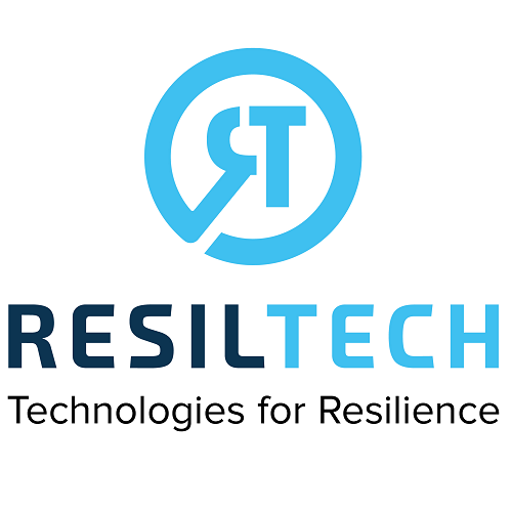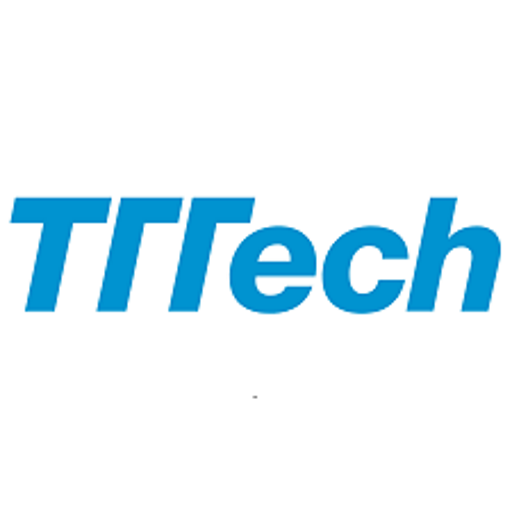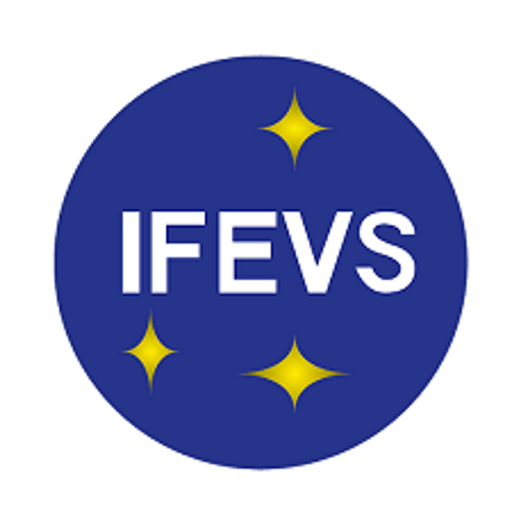BIECO
The general objective of BIECO is to develop a framework that enables measurable, risk-based trust while developing, deploying and operating complex interconnected ICT systems.
Objectives
We aim to achieve this by handling the reliability and trust aspects of ecosystem participants (ICT systems, ICT system components and actors) within the supply chain.
The following shows the specific SMART (Specific, Measurable, Achievable, Realistic, Time-bound) objectives of the project, taking into account the challenges of this kind of complex ecosystems.
Framework
Providing a framework that allows reinforcing trust in ICT supply chains (WP2).
Vulnerability assessment
Performing advanced vulnerability assessment over ICT supply chains (WP3).
Achieving resilience
Achieving resilience in ecosystems formed by unreliable components (WP4).
Extending auditing
Extending auditing process to evaluate interconnected ICT systems (WP5).
Advanced risk analysis
Provide advanced risk analysis and mitigation strategies that support a view of the complete ICT supply chain (WP6).
Security assurance
Perform evidence-based security assurance and a harmonized certification for ICT systems (WP7).
Industrial validation
Industrial validation of BIECO’s framework within IoT ecosystems (WP8).
Exploitable Results
No Results Found
The page you requested could not be found. Try refining your search, or use the navigation above to locate the post.
About BIECO
The rationale behind BIECO’s concept is to deliver a framework for improving trust and security within ICT supply chains. These are complex ecosystems comprising several heterogeneous technologies, processes, actors (e.g., end-users, software or hardware providers and organizations) and resources, all of which generate or exchange data forming extremely complex information management systems.
The BIECO team is proud to announce

NEWS

Defining the behavior of IoT devices through the MUD standard: review, challenges and research directions
Title: Defining the behavior of IoT devices through the MUD standard: review, challenges and research directions Authors: José L. Hernández Ramos, Sara N. Matheu, Angelo Feraudo, Gianmarco Baldini, Jorge Bernal Bernabe, Poonam Yadav, Antonio Skarmeta and...
BIECO Workshop – 2nd Day
M12 Workshop - day twoAgenda - Second day (08.09.2021) 09:00 – 09:05 Meeting Opening Review previous day agreements UNI/HS09:05 – 09:35 Video presentation - UTC09:35 – 11:00 BIECO Platform demo Common Platform Discussion: Design and Runtime Phase Tools’ Interaction...

The Challenges of Software Cybersecurity Certification
Title: The Challenges of Software Cybersecurity Certification Authors: José L. Hernández-Ramos, Sara N. Matheu and Antonio Skarmeta Publication info: IEEE Security & Privacy, vol. 19, no. 1, pp. 99-102 (2021). Article link:...

Basic aspects in redundancy-based intrusion tolerance
Title: Basic aspects in redundancy-based intrusion tolerance Authors: Felicita Di Giandomenico, Giulio Masetti (both ISTI-CNR Pisa) Publication info: CISIS 2021 Conference http://2021.cisisconference.eu/ 14th International Conference on Computational...
A Survey on the State of the Art of Vulnerability Assessment Techniques
Title: A Survey on the State of the Art of Vulnerability Assessment Techniques Authors: Eva Sotos Martínez, Nora M. Villanueva ,Lilian Adkinson Orellana Document type: Publication in Conference proceedings DOI: 10.1007/978-3-030-87872-6_20 Publication info: CISIS...
Data Based Message Validation as a Security Cornerstone in Loose Coupling Software Architecture
Data Based Message Validation as a Security Cornerstone in Loose Coupling Software Architecture Chapter in a Book Authors: Oliviu Matei, Rudolf Erdei, Daniela Delinschi, Laura Andreica 14th International Conference on Computational Intelligence in Security for...
